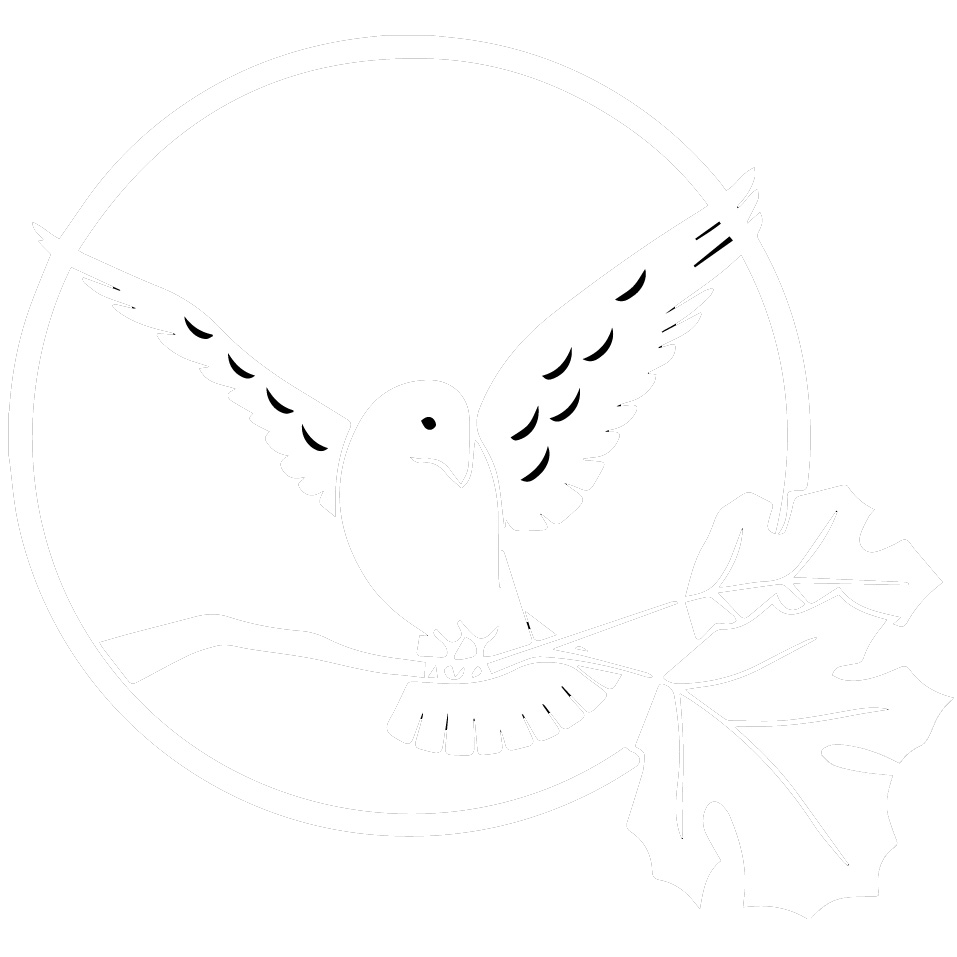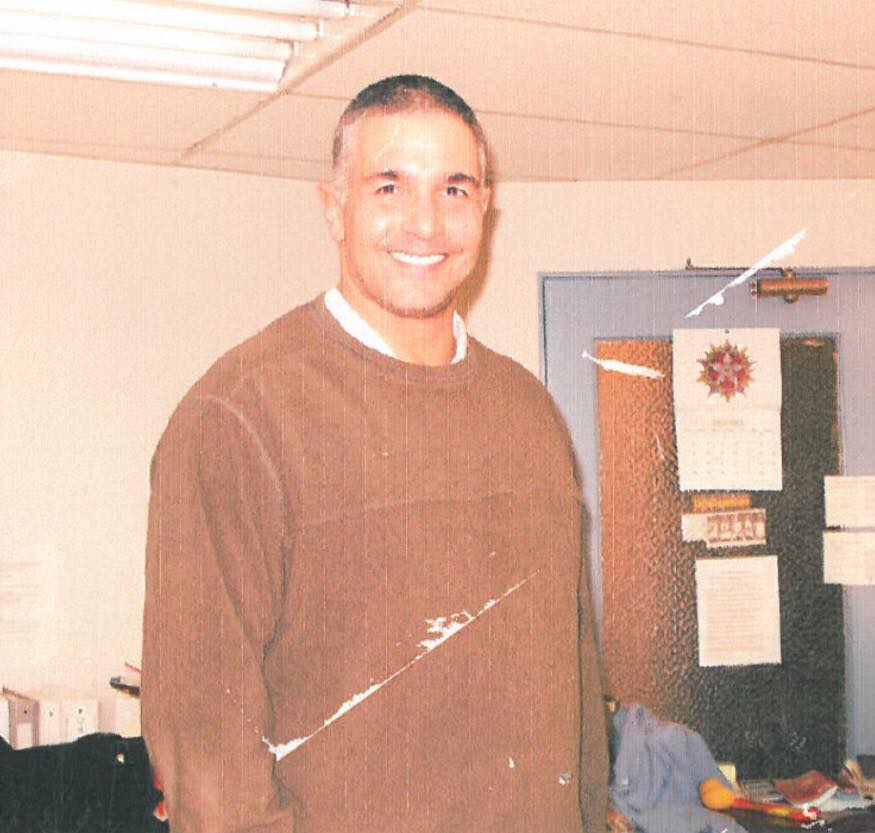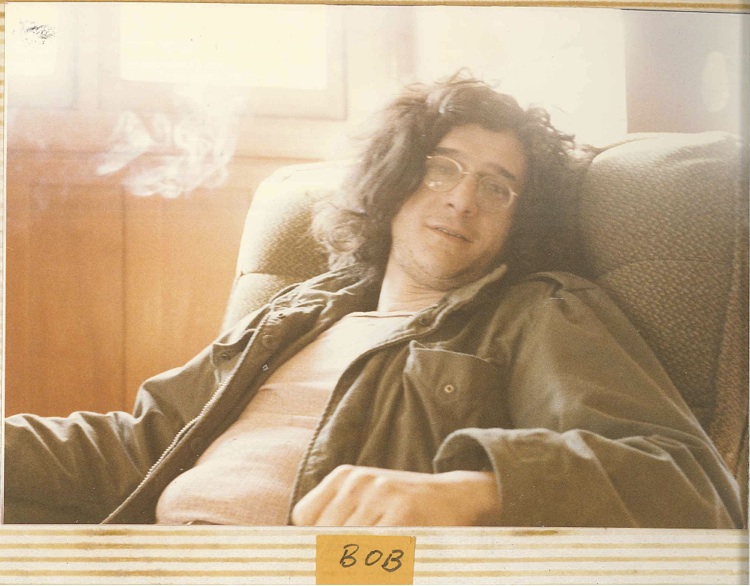Luna Rasnack
July 17, 1982 – May 15, 2018
Jeanette “Luna” Rasnack passed away May 15, 2018 in Eugene, OR. She will be remembered by many Birders and is mourned by her community in OR, where she has lived since 2009. She leaves behind her father Carl Rasnack (Deborah), sister Carla Waid (Bryan), brother Joseph Rasnack (Colleen), niece Megan Waid, nephew Samuel Waid, daughter Carlie Joy, special companion Joe and many other relatives.
The family will receive friends at a memorial to Jeanette’s life Tuesday, May 22, 2018 at 2:30 pm, at Dayton United Methodist Church, 215 Ashby St., Dayton, VA. Interment will be private. In lieu of flowers, memorial contributions may be made to White Bird Clinic, 341 E. 12th Ave., Eugene, OR 97401 or online at www.whitebirdclinic.org/donate.
Jeanette Karlene Rasnack Full Obituary
Remembering Luna by Joe Schmisek
She loved sitting on the grass lawns and in my garden while I gardened. She loved to sit and wait while I did yard work. She loved going to the river and bathing. She liked going to the parks and going on long walks. She liked to play with leaves, gravel and soil with her hands.
She liked old and used jewelry and clothing. She liked loose-fitting dresses and skirts with no undergarments.
She liked things that were simple, things with no monetary value.
She liked collecting stone pebbles and walking sticks; she liked earth-friendly things. She liked places of peace, quiet and solitude, and not being around big crowds. She liked to carry old used blankets and loved to only walk.
She loved brushing her hair and me scratching her back and feet.
She loved to go for walks downtown and loved going to the Catholic church and First Christian for breakfast. She loved me taking her to St. Vincent de Paul’s to shop for clothes and to Sweet Life to get her cake.
She loved going to White Bird, and she liked calling Cahoots for rides.
She had an understanding for other people who were poor, in poverty and homeless. She gave me gifts of no monetary value, from her heart. We would sleep behind Vanilla Jill’s and under a maple tree behind Tiny’s Tavern where I met her, and other big maple trees in the Whiteaker neighborhood.
She loved wearing mits with the fingers cut off them and a sweater shawl, and she loved scarves and high-heeled boots, and shoes, and sandals, and cloth ankle bracelets.
She loved to follow me wherever we would go.
She seemed to want to be a free spirit and not to be troubled by how her house looked or people’s judgments about her; she wanted to be free from worries. She said that she really loved me, and she loved a feeling of being free and not too tied down to worries.
We went to the fairgrounds to have dinner and went to First Christian Church; she said she loved the pleasant music. She told me she wanted to know of good angels. She loved the necklaces, rings and bracelets I got her.




